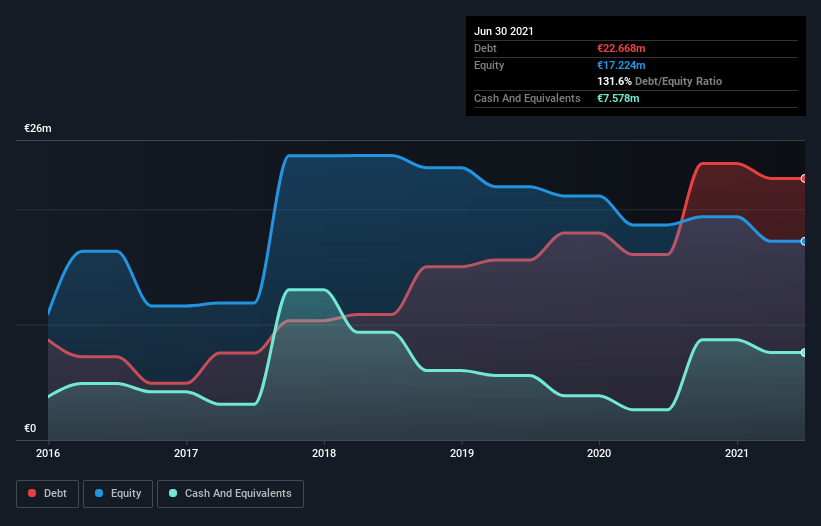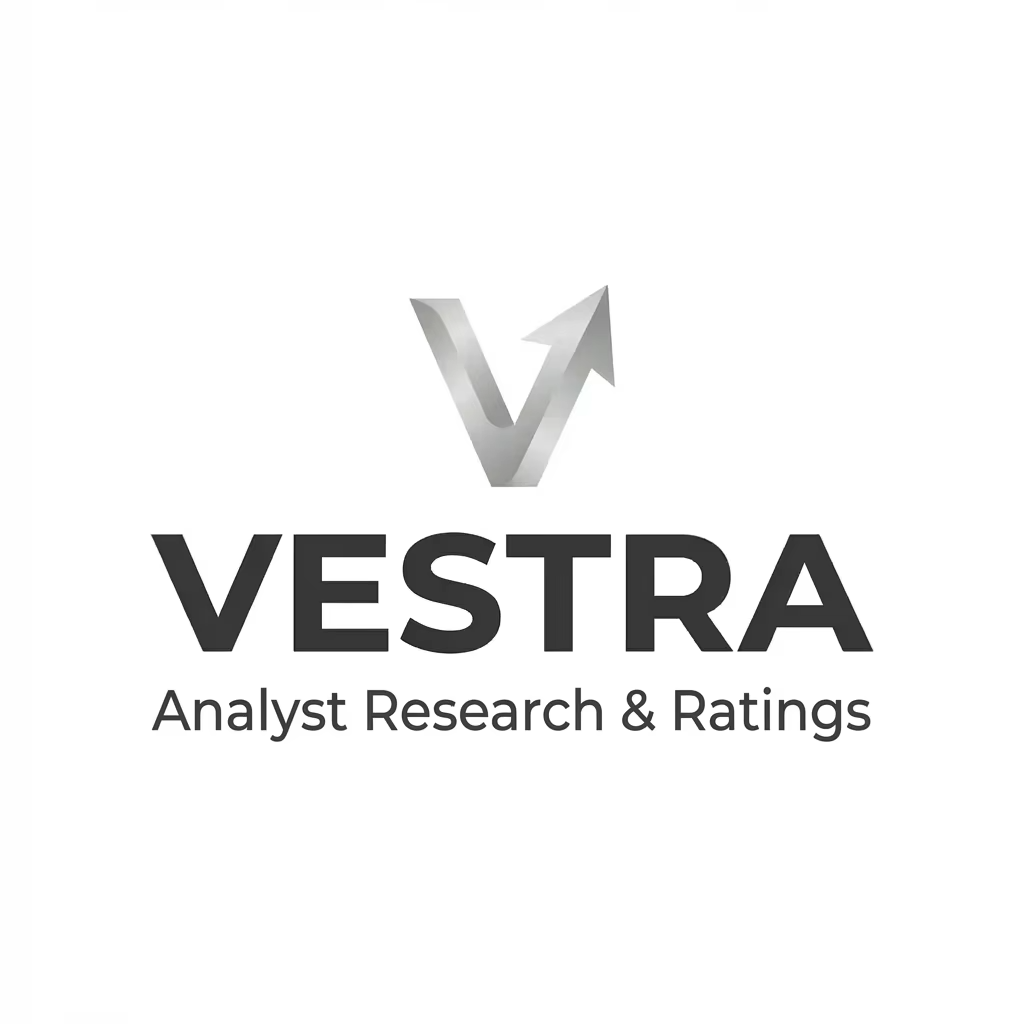Warren Buffett famously said, 'Volatility is far from synonymous with risk.' So it seems the smart money knows that debt - which is usually involved in bankruptcies - is a very important factor, when you assess how risky a company is. Importantly, DBA Group S.p.A. (BIT:DBA) does carry debt. But should shareholders be worried about its use of debt?
Why Does Debt Bring Risk?
Generally speaking, debt only becomes a real problem when a company can't easily pay it off, either by raising capital or with its own cash flow. Part and parcel of capitalism is the process of 'creative destruction' where failed businesses are mercilessly liquidated by their bankers. However, a more common (but still painful) scenario is that it has to raise new equity capital at a low price, thus permanently diluting shareholders. Of course, debt can be an important tool in businesses, particularly capital heavy businesses. When we think about a company's use of debt, we first look at cash and debt together.
View our latest analysis for DBA Group
How Much Debt Does DBA Group Carry?
As you can see below, at the end of June 2021, DBA Group had €22.7m of debt, up from €16.1m a year ago. Click the image for more detail. However, it also had €7.58m in cash, and so its net debt is €15.1m.

How Healthy Is DBA Group's Balance Sheet?
Zooming in on the latest balance sheet data, we can see that DBA Group had liabilities of €26.9m due within 12 months and liabilities of €16.3m due beyond that. Offsetting these obligations, it had cash of €7.58m as well as receivables valued at €25.2m due within 12 months. So it has liabilities totalling €10.5m more than its cash and near-term receivables, combined.
This deficit is considerable relative to its market capitalization of €17.3m, so it does suggest shareholders should keep an eye on DBA Group's use of debt. Should its lenders demand that it shore up the balance sheet, shareholders would likely face severe dilution. The balance sheet is clearly the area to focus on when you are analysing debt. But ultimately the future profitability of the business will decide if DBA Group can strengthen its balance sheet over time. So if you're focused on the future you can check out this free report showing analyst profit forecasts.
In the last year DBA Group wasn't profitable at an EBIT level, but managed to grow its revenue by 12%, to €73m. That rate of growth is a bit slow for our taste, but it takes all types to make a world.
Caveat Emptor
Importantly, DBA Group had an earnings before interest and tax (EBIT) loss over the last year. Indeed, it lost €658k at the EBIT level. Considering that alongside the liabilities mentioned above does not give us much confidence that company should be using so much debt. Quite frankly we think the balance sheet is far from match-fit, although it could be improved with time. Another cause for caution is that is bled €2.2m in negative free cash flow over the last twelve months. So suffice it to say we consider the stock very risky. When analysing debt levels, the balance sheet is the obvious place to start. However, not all investment risk resides within the balance sheet - far from it. Be aware that DBA Group is showing 1 warning sign in our investment analysis , you should know about...
At the end of the day, it's often better to focus on companies that are free from net debt. You can access our special list of such companies (all with a track record of profit growth). It's free.
New: Manage All Your Stock Portfolios in One Place
We've created the ultimate portfolio companion for stock investors, and it's free.
• Connect an unlimited number of Portfolios and see your total in one currency
• Be alerted to new Warning Signs or Risks via email or mobile
• Track the Fair Value of your stocks
This article by Simply Wall St is general in nature. We provide commentary based on historical data and analyst forecasts only using an unbiased methodology and our articles are not intended to be financial advice. It does not constitute a recommendation to buy or sell any stock, and does not take account of your objectives, or your financial situation. We aim to bring you long-term focused analysis driven by fundamental data. Note that our analysis may not factor in the latest price-sensitive company announcements or qualitative material. Simply Wall St has no position in any stocks mentioned.
Have feedback on this article? Concerned about the content? Get in touch with us directly. Alternatively, email editorial-team (at) simplywallst.com.
About BIT:DBA
DBA Group
Provides consultancy, architecture, engineering, and project management services.
Flawless balance sheet and good value.
Market Insights
Weekly Picks


Is this the AI replacing marketing professionals?

Pro Medicus: The Market Is Confusing a Lumpy Quarter With a Broken Business

The Rising Deal Risk That Helped Sink Netflix’s $72 Billion Bid for Warner Bros. Discovery

The Infrastructure AI Cannot Be Built Without
Recently Updated Narratives


Inotiv NAMs Test Center


Credo Technology Group (CRDO): High-Speed Growth Meets Margin Compression in 2026.


MongoDB Inc. (MDB): The Data Platform Pivot – Navigating the FY2027 Outlook in 2026.
Popular Narratives


Is Ubisoft the Market’s Biggest Pricing Error? Why Forensic Value Points to €33 Per Share


Analyst Commentary Highlights Microsoft AI Momentum and Upward Valuation Amid Growth and Competitive Risks




